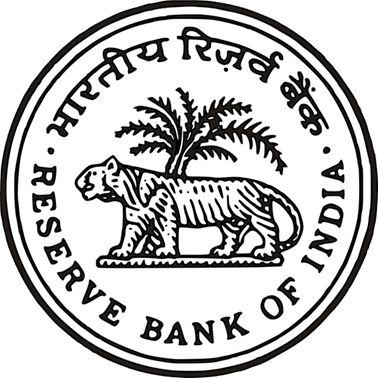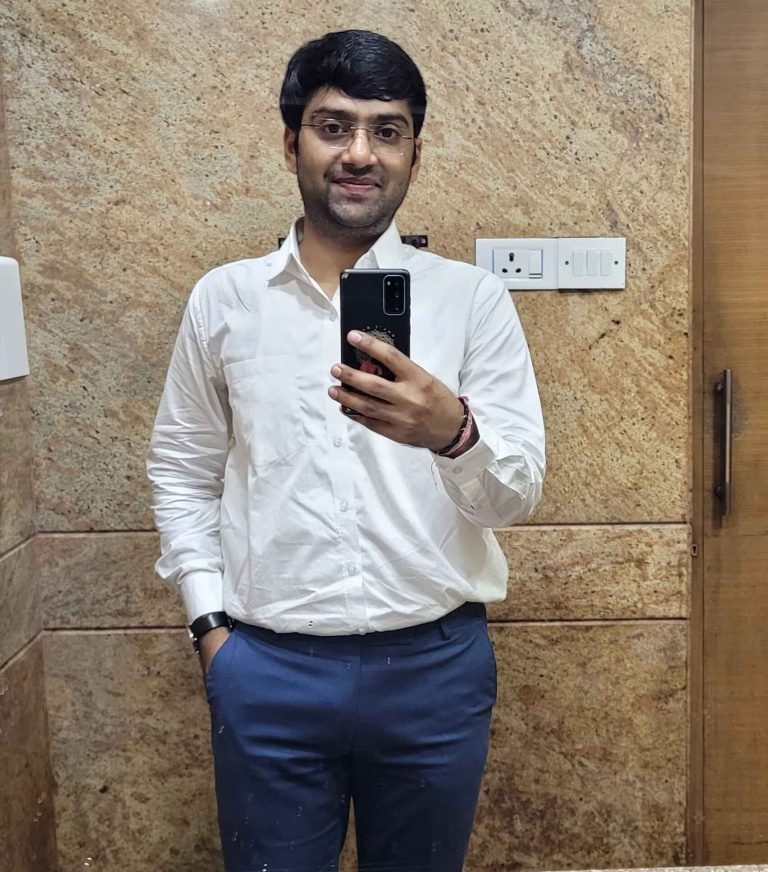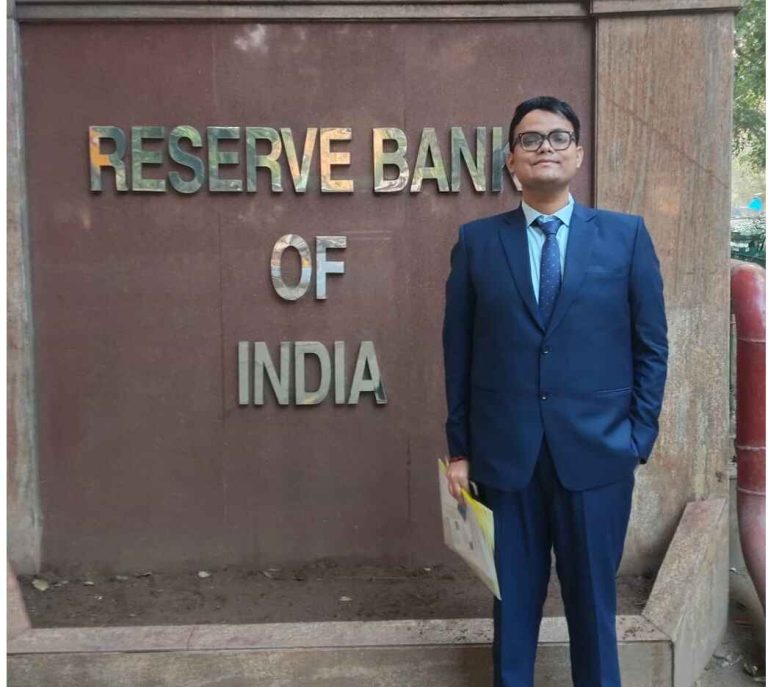Interview Date: 15/10/2022; Duration: ~20 mins; Panel: 6 (3M+3F)
M1: You’re already working at a prestigious organisation, so why do you want to join RBI? More so given that promotions are much faster and remunerative in the private sector. So is it that you’re not ambitious about high positions?
Abhiruchi: Answered by stating interest in research + that money is not the sole motivation
M1: If you’re interested in research then why aren’t you pursuing a PhD yet?
Abhiruchi: Mentioned that PhD is on the table but first want work experience to narrow down my areas of interest and potential thesis
M1: Your father is in govt service, so why not civil services instead?
Abhiruchi: Interested in economics research
M1: So what are some areas of interest in economics that you’d like to study further?
Abhiruchi: Stated a few
M2: Can you tell me the statutory reports of RBI?
Abhiruchi: Answered partially with what I remembered
M2: What is the size of RBI’s balance sheet?
Abhiruchi: Sir, I can’t recall it at the moment
F1: So let me take you further from your area of comfort and ask you about what RBI does. Do you know about NSFI, which is something important that we are doing? Can you tell me about it? (Basic purpose and method of laying down a roadmap for fin inclusion).
What is the financial inclusion index and how has our performance been on the index?
Abhiruchi: Answered with laying a roadmap and index figures, indicating increase in fin incl.
F1: Can you tell me about India’s state of NPAs?
Abhiruchi: Answered with trends, GNPA figures and briefly about why they have been reducing
F2: (one by one, she asked about the following): Sacrifice ratio, Objective of monetary policy, Inflation-growth trade off, KLEMS database, how is TFP calculated & interpreted, Assessment of PLI scheme, Which RBI report do you like to read and can you remember the name of the first chapter for this year’s edition? (it was a catchy title, hence the qs): Related to that chapter, how can growth be strengthened and the output gap created by covid, reduced?
Abhiruchi: Answered all qs
F3: At the time of the GFC and the covid pandemic, RBI’s approach was distinctly different from that of the advanced economies’ central banks in one particular respect. Can you tell me what that is?
Abhiruchi: Mentioned about the large quantitative easing that AE central banks undertook as opposed to RBI whose characteristic response was not of huge QE
F3: That’s right, but there was another critical differentiating factor, can you remember that?
Abhiruchi: No ma’am, I can’t recall any other reason at the moment
F3: That’s alright, take your time. (Immediately followed with another qs that I can’t recall)
Chairman: I heard you mentioned wanting to study climate change. LSE does a lot of work in the economics of CC (he mentioned a seminal paper too). Do you know anything about it?
Abhiruchi: No sir, I’m not aware of the economics behind it per se, but I know the general trends and urgency, I am interested and want to study it given the opportunity.
Chairman: No problem, I will now ask you a more pointed question. Amartya Sen talks about inequality, the qs becomes inequality of ‘what’. So can you tell me something about the inequality of wealth?
Abhiruchi: Answered by stating interest in research + that money is not the sole motivation: I mentioned Thomas Piketty’s work on wealth inequality. He was happy to hear that.
Chairman: Can you recall the name of his book? The fat book
Abhiruchi: No sir, I can’t recall it right now, it’s been a while that I studied it formally
Chairman: Have you heard of Ektinson? Can you tell me about him?
Abhiruchi: I have heard of the name sir, but I can’t remember his contribution at this moment
Chairman: Okay, thank you.
I thanked everyone and left




